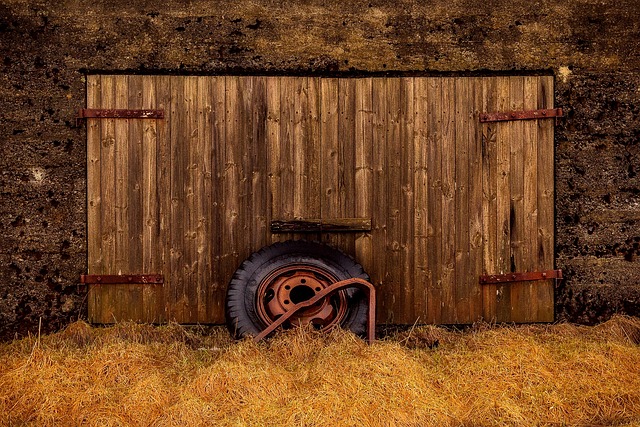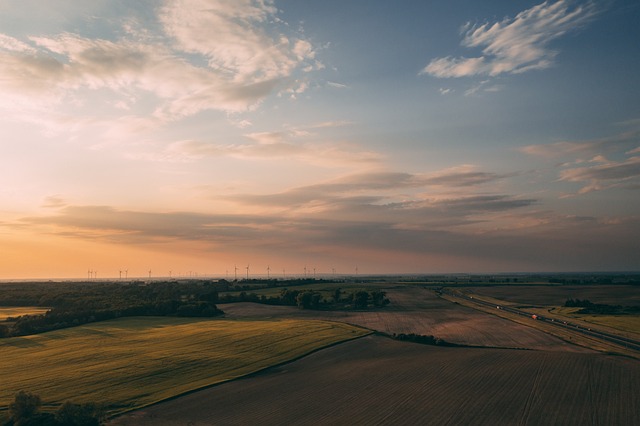Exploring the intricacies of farm shed design in the Shepparton area, this article offers valuable insights for optimizing space and selecting durable, cost-effective materials. Whether you’re expanding existing structures or building new, understanding the region’s climate and terrain is key to creating sheds that withstand the test of time. Dive into practical design tips tailored for Shepparton farms, ensuring your agricultural assets are both functional and resilient.
- Optimizing Space in Your Farm Shed: Efficient Design Tips for Shepparton Area Farms
- Material Matters: Choosing Durable and Cost-Effective Materials for Farm Sheds in Shepparton
Optimizing Space in Your Farm Shed: Efficient Design Tips for Shepparton Area Farms

Material Matters: Choosing Durable and Cost-Effective Materials for Farm Sheds in Shepparton

In the Shepparton area, where harsh weather conditions and varying agricultural needs are common, selecting the right materials for farm shed construction is paramount. Durable and cost-effective materials not only ensure longevity but also provide a return on investment through their resilience and suitability for multiple uses. Steel remains a popular choice due to its strength and resistance to weather elements like the high UV rays prevalent in Shepparton. Galvanized steel, coated with a protective zinc layer, further enhances its longevity, combating corrosion and ensuring sheds last for decades. For those looking for an eco-friendly option, timber is a viable alternative, particularly if treated to resist termites and decay, which are common in the region’s climate. The choice of wood species should be based on their hardness and resistance to environmental factors. Additionally, incorporating sustainable materials like recycled plastic or composite materials can reduce maintenance costs over time while minimizing environmental impact.
When it comes to design, the orientation and layout of the farm shed should complement these materials for optimal functionality. Sloping roofs, for instance, are designed to efficiently channel rainwater and snowmelt away from the structure, a feature particularly beneficial in Shepparton’s variable climate. The use of high-quality insulation can also extend the usability of sheds, making them suitable for storing temperature-sensitive equipment or providing a comfortable workspace. The integration of natural light through strategically placed windows not only reduces energy costs but also enhances safety and security by allowing visibility throughout the shed. Ultimately, the combination of durable materials with thoughtful design leads to farm sheds in Shepparton that are both cost-effective and fit for purpose.
